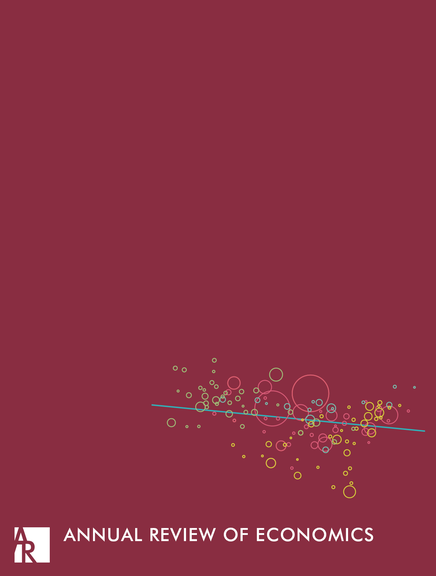宏观审慎政策的国际层面
IF 11.4
2区 经济学
Q1 ECONOMICS
引用次数: 0
摘要
各国正比以往更积极地使用宏观审慎工具,以提高其更广泛金融体系的弹性。越来越多的证据表明,这些工具可以实现具体的国内目标,并应减少一个国家对许多国内和国际冲击的脆弱性。然而,证据也表明,这些政策并非灵丹妙药。它们不会使经济免受波动的影响,而且会对非银行金融体系造成泄漏,并通过国际借贷和其他跨境风险敞口产生溢出效应。其中一些意想不到的后果可能会降低宏观审慎政策的有效性,并产生新的脆弱性和风险。2019冠状病毒病危机为在市场极端波动和经济压力时期评估当前宏观审慎监管的有效性提供了一个视角。迄今为止的经验表明,宏观审慎工具提供了一些好处,应该继续成为宏观经济政策的重点,但对它们能够实现的目标要抱有现实的期望。本文章由计算机程序翻译,如有差异,请以英文原文为准。
The International Aspects of Macroprudential Policy
Countries are making more active use of macroprudential tools than in the past with the goal of improving the resilience of their broader financial systems. A growing body of evidence suggests that these tools can accomplish specific domestic goals and should reduce a country's vulnerability to many domestic and international shocks. The evidence also suggests, however, that these policies are not an elixir. They will not insulate economies from volatility, and they generate leakages to the nonbank financial system and spillovers through international borrowing, lending, and other cross-border exposures. Some of these unintended consequences can mitigate the effectiveness of macroprudential policies and generate new vulnerabilities and risks. The COVID-19 crisis provides a lens to evaluate the effectiveness of current macroprudential regulations during a period of extreme market volatility and economic stress. The experience to date suggests that macroprudential tools provide some benefits and should remain a focus of macroeconomic policy, but with realistic expectations about what they can accomplish.
求助全文
通过发布文献求助,成功后即可免费获取论文全文。
去求助
来源期刊

Annual Review of Economics
ECONOMICS-
CiteScore
9.70
自引率
3.60%
发文量
34
期刊介绍:
The Annual Review of Economics covers significant developments in the field of economics, including macroeconomics and money; microeconomics, including economic psychology; international economics; public finance; health economics; education; economic growth and technological change; economic development; social economics, including culture, institutions, social interaction, and networks; game theory, political economy, and social choice; and more.
 求助内容:
求助内容: 应助结果提醒方式:
应助结果提醒方式:


